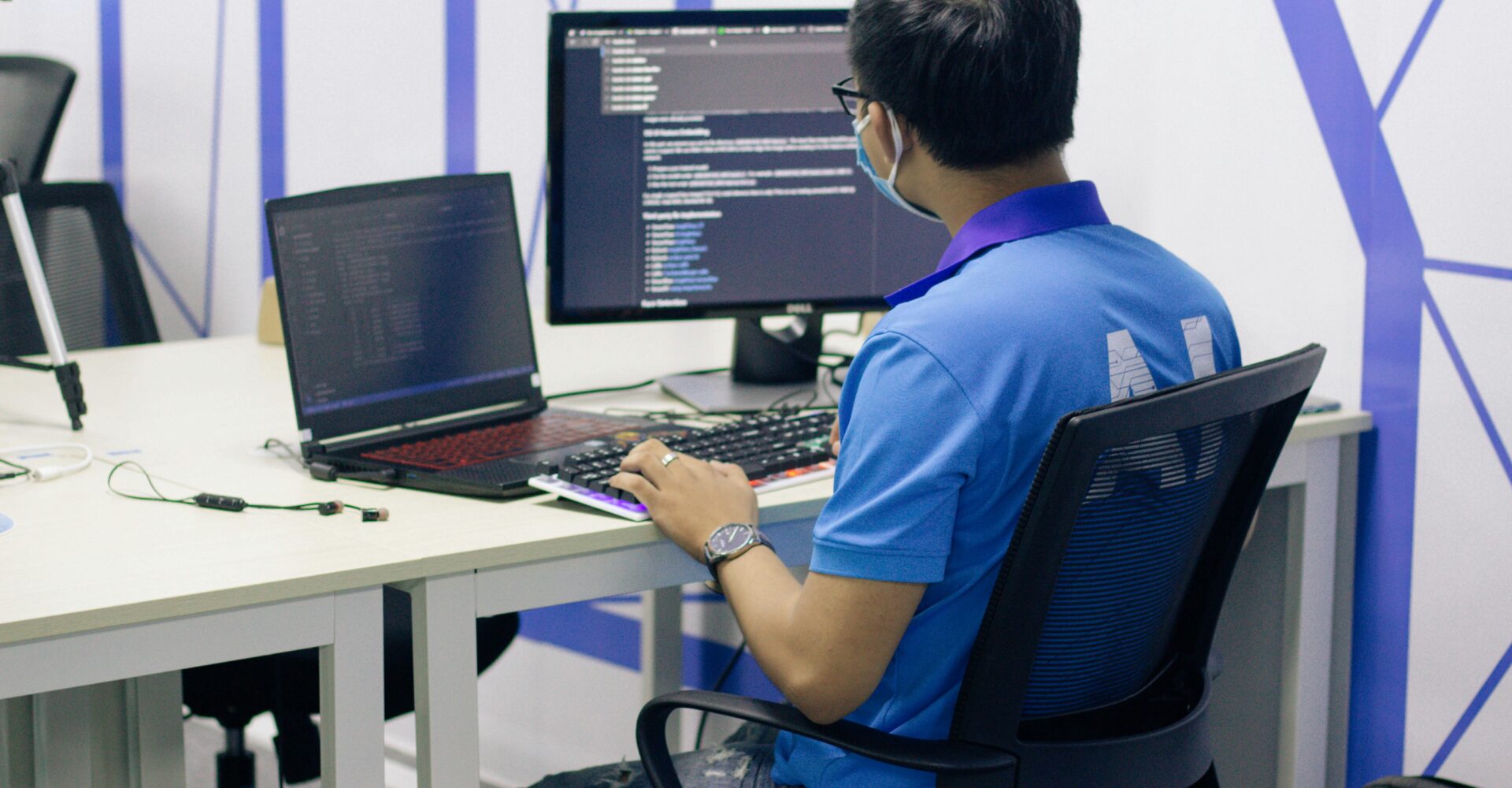The Transformative Impact of Artificial Intelligence on the Software Engineering Market
The integration of Artificial Intelligence (AI) into software engineering has catalyzed a paradigm shift in how software is developed, deployed, and maintained. From automating repetitive tasks to enabling predictive analytics and enhancing security protocols, AI is redefining the efficiency, scalability, and innovation potential of the software industry. The global AI software market, valued at $122 billion in 2024, is projected to grow at a compound annual growth rate (CAGR) of 25%, reaching $467 billion by 2030. This exponential growth is driven by advancements in generative AI, Agentic AI, and the widespread adoption of low-code/no-code platforms. As enterprises transition from pilot projects to full-scale AI implementation, the software engineering sector is poised to unlock unprecedented productivity gains, cost savings, and competitive advantages.
Evolution of AI in Software Engineering
From Basic Automation to Cognitive Systems
The journey of AI in software engineering began with rudimentary automation tools designed to streamline repetitive tasks such as code compilation and testing. Over time, these tools evolved into sophisticated machine learning (ML) models capable of pattern recognition, anomaly detection, and decision-making. The advent of neural networks and deep learning algorithms marked a turning point, enabling systems to learn from vast datasets and improve their performance without explicit programming.
By 2025, Agentic AI—systems capable of autonomously executing multi-step tasks—is expected to dominate enterprise software strategies. These systems leverage Small Language Models (SLMs) and foundation models to optimize workflows, reduce human intervention, and adapt to dynamic project requirements. For instance, AI-driven code generation tools now analyze existing codebases to produce context-aware snippets, accelerating development cycles by up to 40% while minimizing errors.
The Rise of Generative AI
Generative AI, particularly Large Language Models (LLMs) like ChatGPT, has emerged as a game-changer. In 2023, ChatGPT alone captured 60.2% of the global AI tool market share, underscoring its transformative impact. These models excel in natural language processing (NLP), enabling developers to interact with code repositories using conversational queries. For example, a developer might ask, “How do I implement OAuth 2.0 authentication in Python?” and receive a detailed, syntax-correct response.
Generative AI also facilitates rapid prototyping by generating boilerplate code, documentation, and test cases. This capability is particularly valuable in agile environments, where shortening time-to-market is critical. By 2030, generative AI frameworks are forecasted to grow at a CAGR of 34.5%, driven by their versatility across industries.
Current Impacts of AI on Software Engineering Practices
Accelerated Development Cycles
AI-powered tools are reshaping the software development lifecycle (SDLC) by automating code generation, testing, and deployment. Platforms like GitHub Copilot and Amazon CodeWhisperer analyze context from existing code and comments to suggest real-time completions, reducing manual coding efforts by 30–50%. This acceleration is particularly evident in large-scale projects, where AI streamlines modular development and integration.
# Example of AI-generated code for a REST API endpoint
from flask import Flask, request
app = Flask(__name__)
@app.route('/predict', methods=['POST'])
def predict():
data = request.get_json()
# AI-generated logic for model inference
return {'prediction': model.predict(data['input'])}
This snippet illustrates how AI tools generate boilerplate code for common tasks, allowing developers to focus on complex logic.
Enhanced Testing and Quality Assurance
Traditional manual testing is labor-intensive and prone to human error. AI-driven testing frameworks address these challenges by autonomously generating test cases, identifying edge scenarios, and executing regression tests. Machine learning models analyze historical defect data to predict potential vulnerabilities, improving test coverage by up to 70%. For instance, tools like Selenium AI integrate with continuous integration/continuous deployment (CI/CD) pipelines to perform real-time validation, ensuring code changes do not introduce regressions.
Intelligent Project Management
AI is revolutionizing project management through predictive analytics and resource optimization. Tools like Jira AI and Asana Intelligence analyze historical project data to forecast timelines, allocate resources, and identify bottlenecks. By correlating team performance metrics with task complexity, these systems provide actionable insights to keep projects on track. For example, an AI model might predict a 15% delay in a sprint due to unresolved dependencies and recommend reallocating two developers from a less critical task.
Security and Compliance
Cybersecurity threats are escalating in complexity, necessitating AI-driven solutions for real-time threat detection and response. ML models trained on threat intelligence databases can identify anomalous patterns, such as unauthorized access attempts or data exfiltration, with 99.5% accuracy. Additionally, AI automates compliance checks by scanning codebases for vulnerabilities (e.g., SQL injection, cross-site scripting) and ensuring adherence to standards like GDPR and HIPAA.
Market Growth and Economic Implications
Exponential Revenue Growth
The AI software market is experiencing explosive growth, with revenues projected to surge from $122 billion in 2024 to $467 billion by 2030. This growth is fueled by enterprise demand for AI-driven solutions that enhance operational efficiency and customer experiences. Generative AI, in particular, is transitioning from niche applications to mainstream adoption, with its revenue share expected to narrow the gap with traditional AI frameworks like predictive analytics and NLP.
Regional Disparities and Opportunities
North America dominates the AI software market, accounting for over 50% of global revenues in 2024. Tech giants like Microsoft, IBM, and Google lead innovation, investing billions in AI research and acquisitions. The Asia-Pacific region, however, is poised for rapid growth, with its market value forecasted to rise from $6.3 billion to $32.9 billion by 2025. This growth is driven by increasing digital transformation initiatives.




